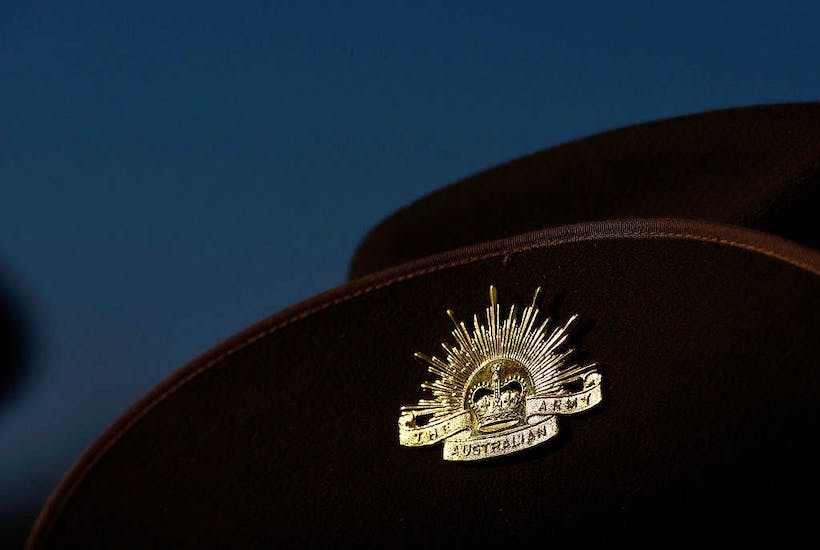Ivan Coronel Hains died “suddenly” in Sydney on April 18, 1952, aged 61.
A medical doctor, he had held senior government medical positions in southeast Queensland while simultaneously running a successful private practice.
He had a compassionate side for his fellow veterans as well as ordinary Australians unemployed during the Great Depression who travelled from town to town seeking employment and a feed.
He provided free meals from his own kitchen or would pay for a meal at a local cafe.
He’d known grief. He signed his younger brother Morris’ enlistment papers in early 1915.
Within days of arriving at Gallipoli as a reinforcement for the 1st infantry battalion, Private Morris Hains was missing, presumed killed during the August offensive at Lone Pine.
Ivan Hains himself enlisted in 1915, serving as a medical officer in the Middle East and France before returning to Australia in July 1917.
By all accounts a hard man, Adelaide born and trained Dr Hains’ family life was fraught.
For reasons best and perhaps only known to himself, a week before Anzac Day in 1952 the specialist anaesthetist self-administered an overdose of a then common anaesthetic and sedative, sodium phenobarbital, now more widely used to euthanise animals. He ticked many boxes for those at risk of suicide; doctor, anaesthetist and veteran. Why did he do it? Were his actions accidental or deliberate? Did he exhibit warning signs of his intent, particularly to his fellow doctors? Could his death have been prevented had his intent been known or suspected? Did he seek help or counselling? We don’t and never will know, although the above is only part of Ivan Hains’ story. Sadly it has become a tale too often told in Australia. In 2017, of the 65,000 Australians who made a suicide attempt, more than 3000 succeeded. Suicide is the leading cause of death for Australians aged between 15 and 44 years, of whom about 75 per cent were male and 25 per cent female. More young Australians are likely to die by suicide rather than by road accident.
More tellingly, in 2017 the suicide rate among indigenous people was approximately twice that of the general community.
So why should Australia’s veteran community be given special consideration with its own dedicated royal commission into suicide in the ADF community, not just veterans but those who are still serving?
Most veterans demanding a royal commission have already made up their minds about cause, culpability and punishment for those they hold responsible for individual suicides.
They conveniently neglect that the decision to commit suicide is and always remains with the person who does so for reasons that we may never, fully know.
They oppose a standing committee into their own special circumstances – something no other group has been granted – which can investigate the past, present and future rather than ineffectually look only at past events.
The scourge of suicide needs to be addressed not in isolation, but from a national perspective.
That means every affected community needs to be heard if this scourge is to be properly addressed.
Ross Eastgate OAM has spent over 40 years counselling and supporting ADF veterans. He writes a weekly column on defence issues and blogs at Targets Down. This piece is reproduced with permission of The Townsville Bulletin.
Got something to add? Join the discussion and comment below.
Got something to add? Join the discussion and comment below.
Get 10 issues for just $10
Subscribe to The Spectator Australia today for the next 10 magazine issues, plus full online access, for just $10.


























Comments
Don't miss out
Join the conversation with other Spectator Australia readers. Subscribe to leave a comment.
SUBSCRIBEAlready a subscriber? Log in